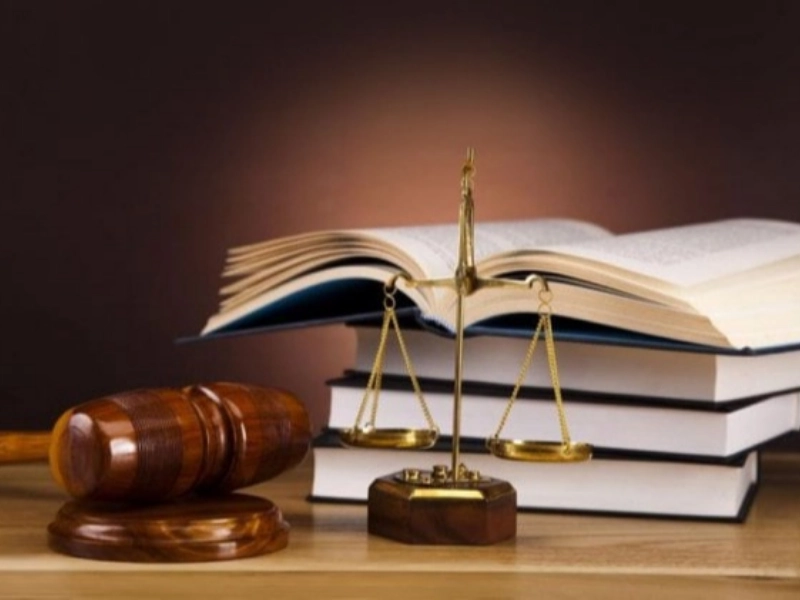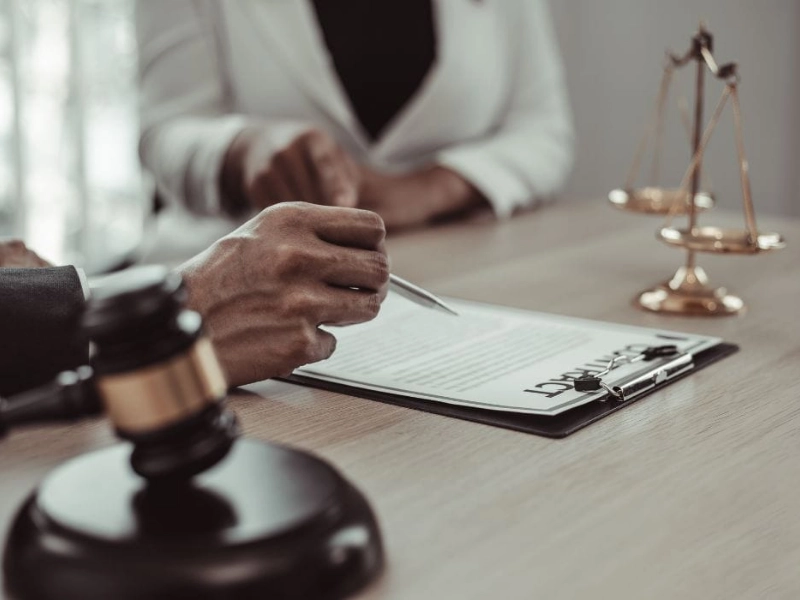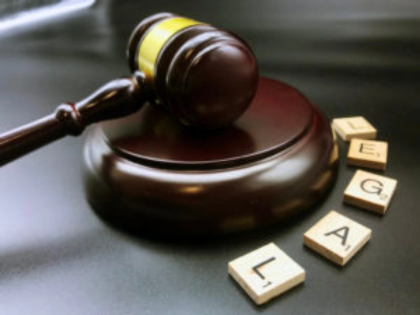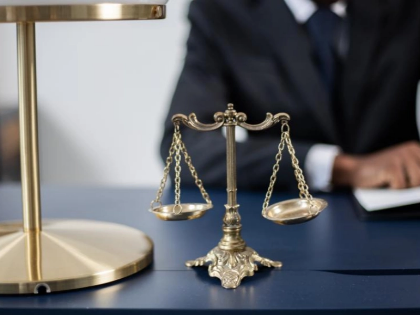To be successful, a tort suit needs to prove four things. Finding out if the defendant owed you a legal duty of care is the first step.
Obligation to Exercise Care

If someone is careless and injures someone else, they can have to reimburse the affected party for damages. These situations are regarded as torts and are based on the idea of a duty of care.
The standard of behavior that a reasonable person would adhere to in comparable circumstances is known as the defendant's duty of care. For instance, it is the responsibility of a motorist to drive safely. They should therefore refrain from driving too fast or carelessly. When pursuing a personal injury claim, we have to demonstrate that the other party had a duty of care toward us, that duty was broken, and that the breach directly resulted in our injuries.
Even if someone or something goes above and beyond what a normal person would do, they could still be considered negligent. In this instance, the reasonable actions did not prevent the breach of duty; hence, the plaintiff is not entitled to recover. A negligence claim usually has to establish both general and exceptional damages. While general damages cover more subjective losses like pain and suffering, loss of consortium, and mental anguish, special damages are quantifiable expenditures like medical expenses and property damage. According to a notion known as vicarious responsibility, the irresponsible employee's employer might be held accountable if they worked for someone else.
Violating one's duties

Everyone has an obligation to take reasonable precautions to keep others safe from harm. Someone can be held liable for damages if they violate this responsibility by acting carelessly or failing to uphold the relevant level of care. One of the four components of a negligence claim is breach of duty, and personal injury cases frequently center on this issue.
You must demonstrate that the defendant did not behave as a reasonable person would under the same circumstances as you in order to establish a duty breach. That is the typical method jurors employ to find negligence. There are numerous additional instances of standards of care, but one of the best examples is the obligations a doctor has to their patients.
You must also demonstrate that your injuries were caused by the defendant's dereliction of duty. If you were hurt due to medical malpractice, a causation report must be written by a specialist in the area. An unbiased assessment, supported by evidence, regarding whether the detected breach was the direct cause of your injuries will be prepared by a medical expert after reviewing your medical records, witness accounts, and other relevant data. You also need to present evidence of your losses, such as your out-of-pocket spending (a receipt is essential in this case) and any projected future medical expenses.
Damages

The wounded parties, sometimes referred to as plaintiffs, typically pursue financial recompense from the persons responsible for their injuries. It is the hope of this recompense that they will become "whole" again, or as close to it as is feasible financially. This usually entails paying for their injuries' medical bills as well as any additional losses (such as missed wages) brought on by the collision. Plaintiffs may also ask for non-economic damages, such as suffering and anguish.
You must first file a complaint with the court in order to pursue a personal injury case. The details of your claim are described in this document, together with the amount of compensation you are requesting. It also identifies the defendant, or the person you are suing. The defendant must then be served with a summons, which usually comes with a copy of your complaint.
Each side will interrogate the other about their case and present evidence, including police reports, witness statements, photos, and security or surveillance footage, during the discovery phase of the legal process. In addition, you have the option to ask the defendant to furnish you with a Bill of Particulars, which is a series of inquiries designed to elicit further details regarding their allegations and defenses. The parties will next agree on a schedule for document exchange during a preliminary meeting that the court will arrange.
Recommended Reading: Reforming Criminal Justice: Handling Systemic Problems
























Hard to unsee now.
Balanced optimism vs. realism.
Strong candidate for a design pattern.